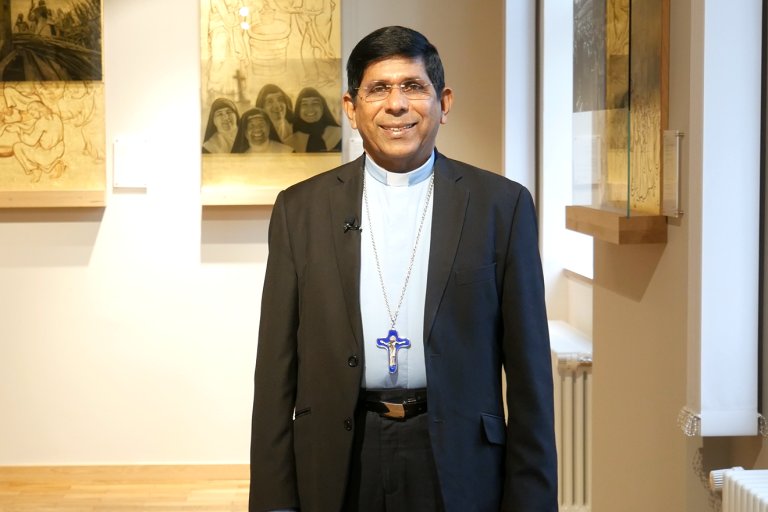MADAGASCAR: Non-Muslim women are being bribed to wear the burka

Extremists are exploiting destitute non-Muslim women by paying them to wear the burka, according to a bishop who has warned that Madagascar is being rapidly Islamised by hardliners coming in from abroad.
Speaking to Aid to the Church in Need (ACN), the Catholic charity for persecuted Christians, Bishop Georges Varkey Puthiyakulangara of Port-Bergé, northern Madagascar, explained how Islamists proselytise by exploiting economic hardship.
He said: “We have learned that in the universities the young, non-Muslim female students are being paid three Euros a day to wear the burka.
“They are taking advantage of the poverty of the people, and especially of the students who need money. 85 percent of the people are living below the poverty threshold.”
The bishop said that people “from abroad” have initiated a series of intensive building projects with the approval of the Madagascan government.
Bishop Georges said: “The number of Muslims is increasing rapidly. In the past, there were only Comorese, Pakistanis and a few Madagascans, but now people are arriving from abroad, we don’t know how, and there is recruitment within the country.
“They are building mosques everywhere. In fact, there is an agreement with the government to build 2,400 mosques.
“In my diocese, for example, there are no Muslims, and yet many mosques are being built. At the same time they are trying to convert people, setting up Koranic schools and giving scholarships to the children who attend them.”
Alongside this encroachment, Bishop Georges said the Church in Madagascar has a long-running problem with witchcraft and sorcery.
He said: “There are some villages which I am forbidden to visit on account of their belief in witchcraft.
“For example, one woman within my diocese went to give catechism lessons in a village that I am forbidden to enter, and her house was set on fire on two occasions.”
The bishop expressed his dismay at the lawless and corrupt state of Madagascan society.
He said: “The corruption is terrible. The government is introducing plans to combat this corruption, but it is difficult because it is deeply ingrained.
“We are also trying to fight against “popular justice”, that is to say, when people take the law into their own hands.”
Bishop Georges finished by thanking ACN and its benefactors.
He said: “Thanks to ACN, we were able to build a chapel in the prison where I was prison chaplain, as well as a room to be used as a library, for teaching catechism and combating illiteracy.
“This has given new hope to the prisoners and they can see the merciful face of the Church, which is there to help them and at the same time improve their conditions of life.”
